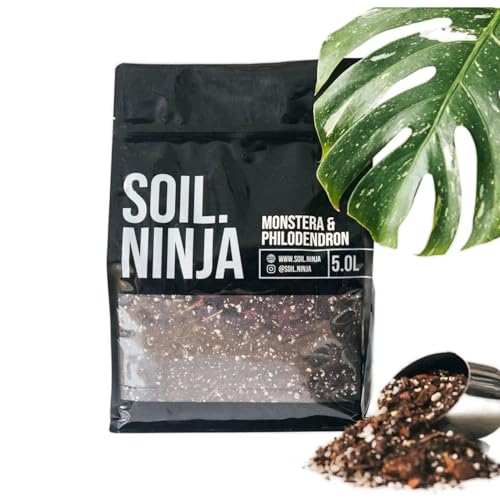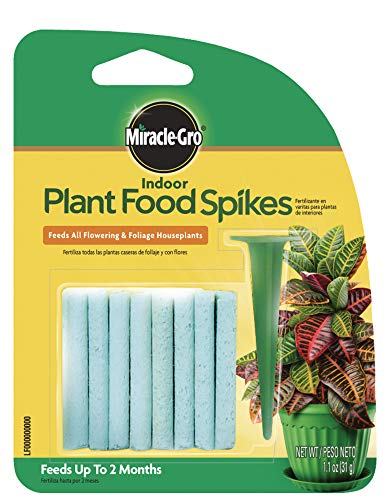What is the biggest killer of houseplants? Plant experts reveal the care tip you should never overlook
This one goes out to all those who can’t stop, won’t stop killing their indoor plant babies…
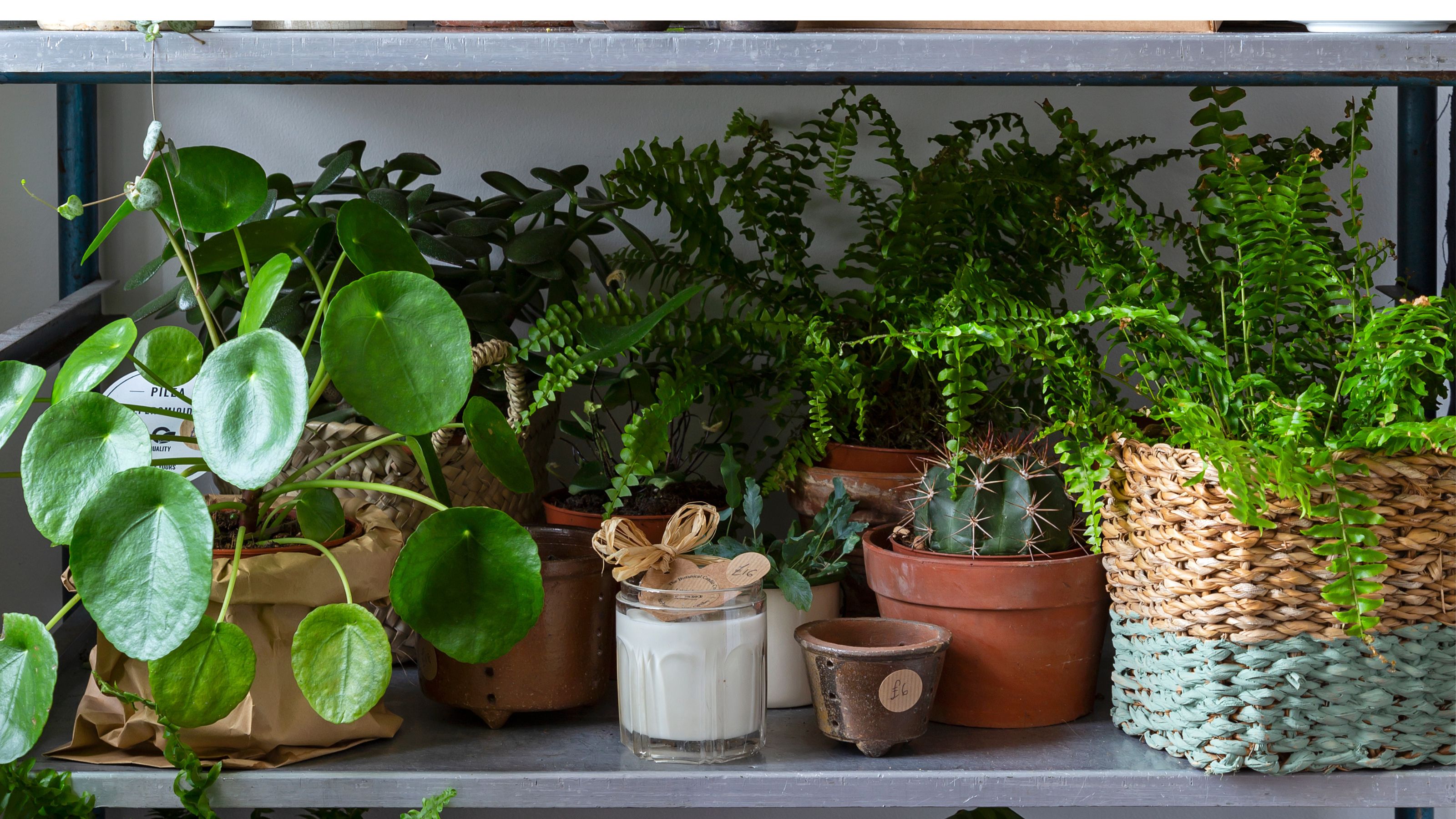

What is the biggest killer of houseplants? Knowing the answer to this question will save you a lot of time you might have spent standing over a drooping fern or a crispy fiddle-leaf fig in despair.
Now, while you could resign yourself to a lifetime tending to so-called unkillable houseplants, we know that you've likely got your heart on making one of the best houseplants of all time your next plant baby. And we don't blame you one bit, to be honest.
According to the experts, the biggest killer of houseplants is not feeding them and not repotting them when they need it most. While some houseplants like to be pot-bound it will stress most plants and eventually kill them.
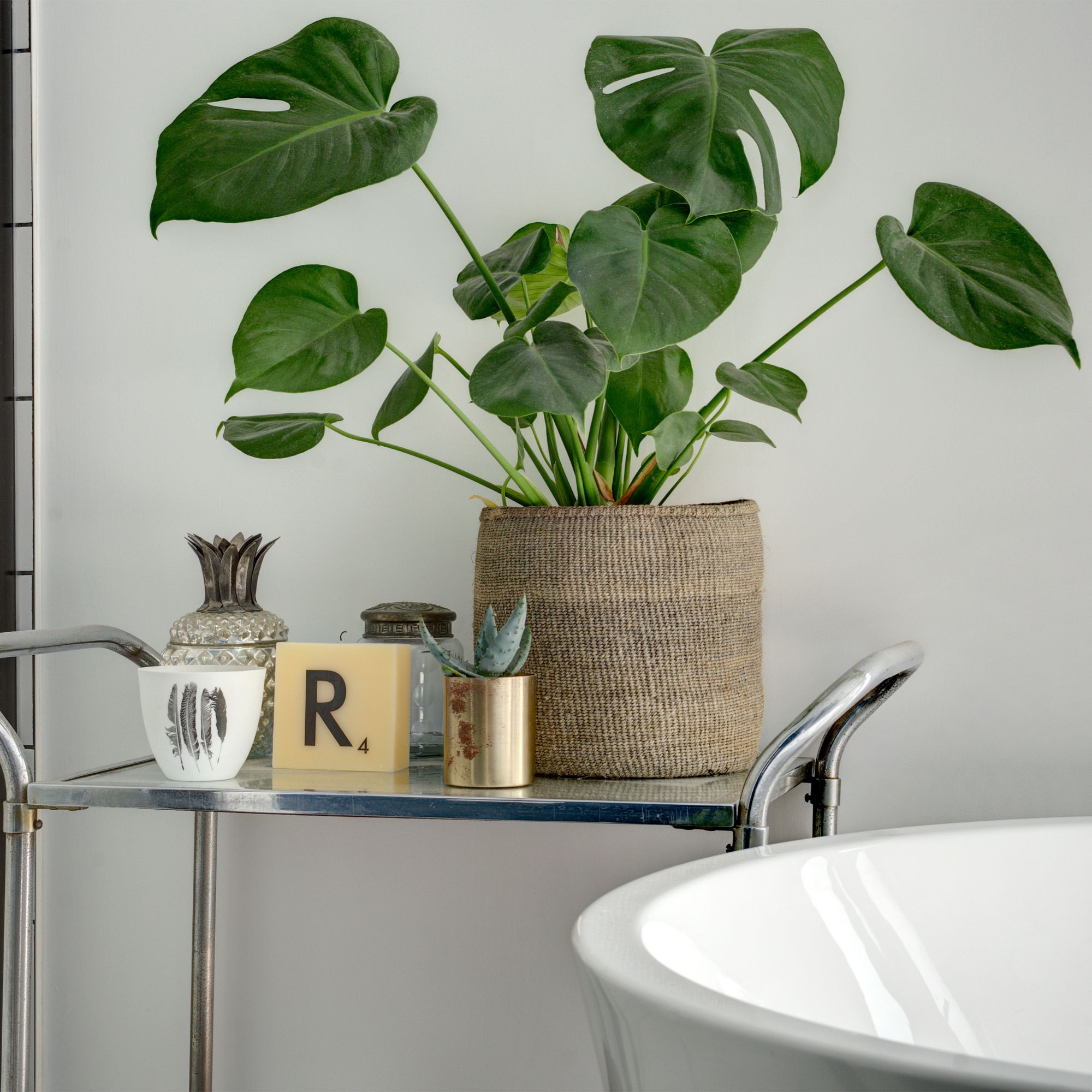
'Many symptoms of sad or stressed plants are down to lack of sufficient nutrients (or light!). While plants outside can grow deeper into the soil in search of nutrients, houseplants are limited to the compost in their pots,' explains Kelly Dyer, in-house plant doctor at Patch Plants.
'In reality, most composts only have enough food to keep them going for about 6 months. After that, they require regular feeding with plant food during their growing season – from late spring to late summer – to top them up.'

It's for this reason that repotting is an essential element of houseplant care – knowing when to repot houseplants as well as how to repot houseplants.
'The longer they’re in their pot the more the compost will break down and become compact and if the plant is growing well, then the roots will eventually fill the pot, leaving little room for compost,' says Kelly.
'Repotting into fresh compost should be done at a minimum every 2 years if you feed regularly. This can either be into a slightly bigger pot, or you can trim the root ball down and plant it back into the same pot.'
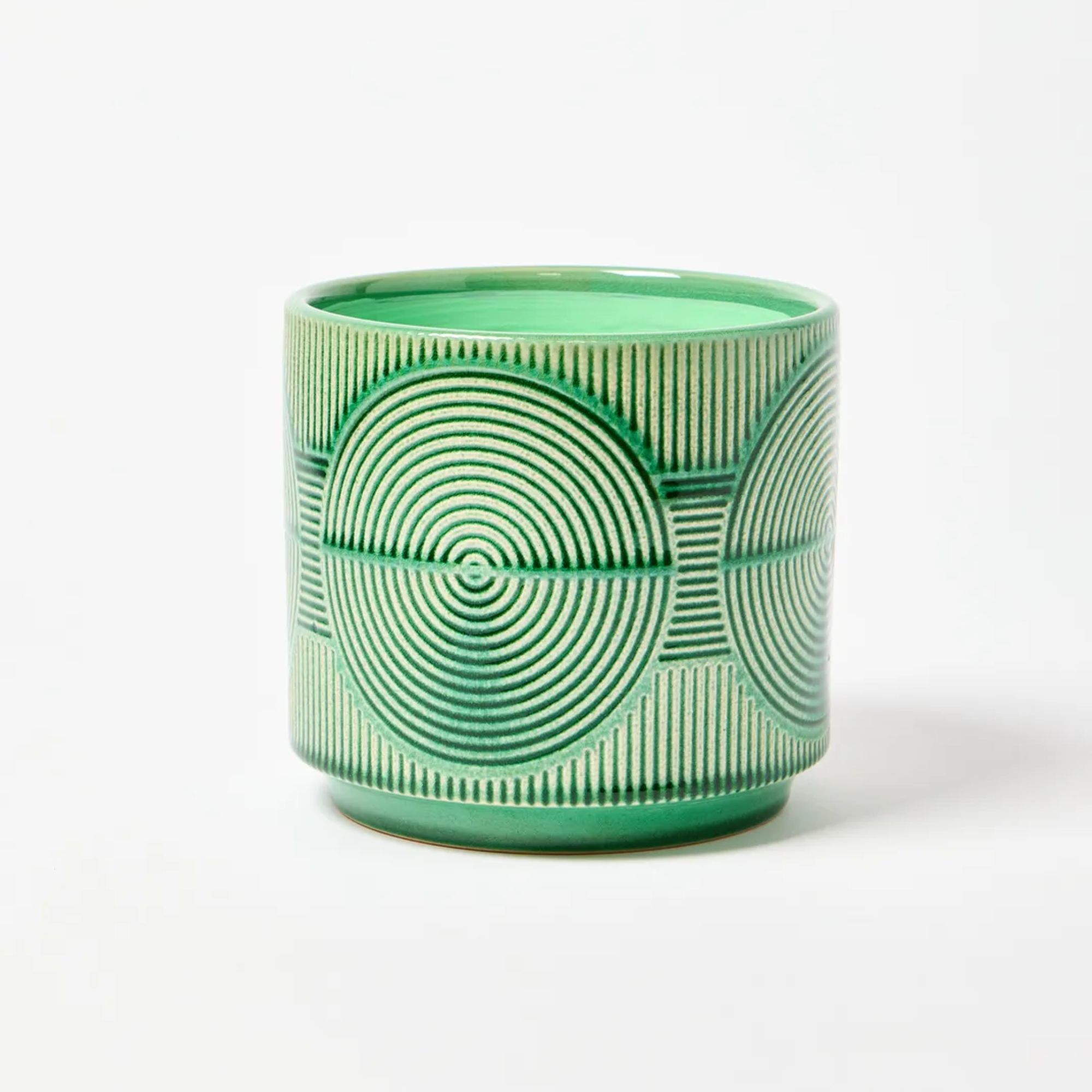
Repotting a houseplant is the perfect opportunity to indulge in a pretty new plant pot.
A note on watering
That all being said, overwatering AND underwatering are the second biggest killers of houseplants.
'There are many reasons why houseplants die but the most likely is to do with watering, and almost always overwatering,' says Ellen-Mary Webster, author and professional gardener.
'Plants are easy to kill with kindness! It’s important to check the label when purchasing a new houseplant and do some research to see how much water your individual plants actually need.'
'Generally speaking, many houseplants may need watering once a week to every two weeks depending on the amount of light, the pot size and temperature. Some will need more and others far less,' explains says professional gardener Ellen-Mary Webster, who adds that 'watering many houseplants more than once a week is almost always deadly!'
'Houseplants will mostly need less water over the colder winter months but can also dry out really fast if the heating is on,' she continues.
'The majority of houseplants (but not all) won’t want to be sitting in wet, cold soil as this will cause the roots to rot, so a thorough watering infrequently, allowing the water to drain out the bottom of the inner pot before putting it back in the outer pot is better than a little water every now and again.'
Of course, now you know the biggest killer of houseplants, you can arm yourself with this knowledge in order to better protect your beloved plant babies from an untimely end.
We guess it's the perfect excuse to treat yourself (and your indoor garden_ to an array of beautiful new pots – as well as a mister for spritzing them and keeping them hydrated (but not too soggy) as and when required.
Get the Ideal Home Newsletter
Sign up to our newsletter for style and decor inspiration, house makeovers, project advice and more.

Kayleigh Dray became Ideal Home’s Acting Content Editor in the spring of 2023, and is very excited to get to work. She joins the team after a decade-long career working as a journalist and editor across a number of leading lifestyle brands, both in-house and as a freelancer.
-
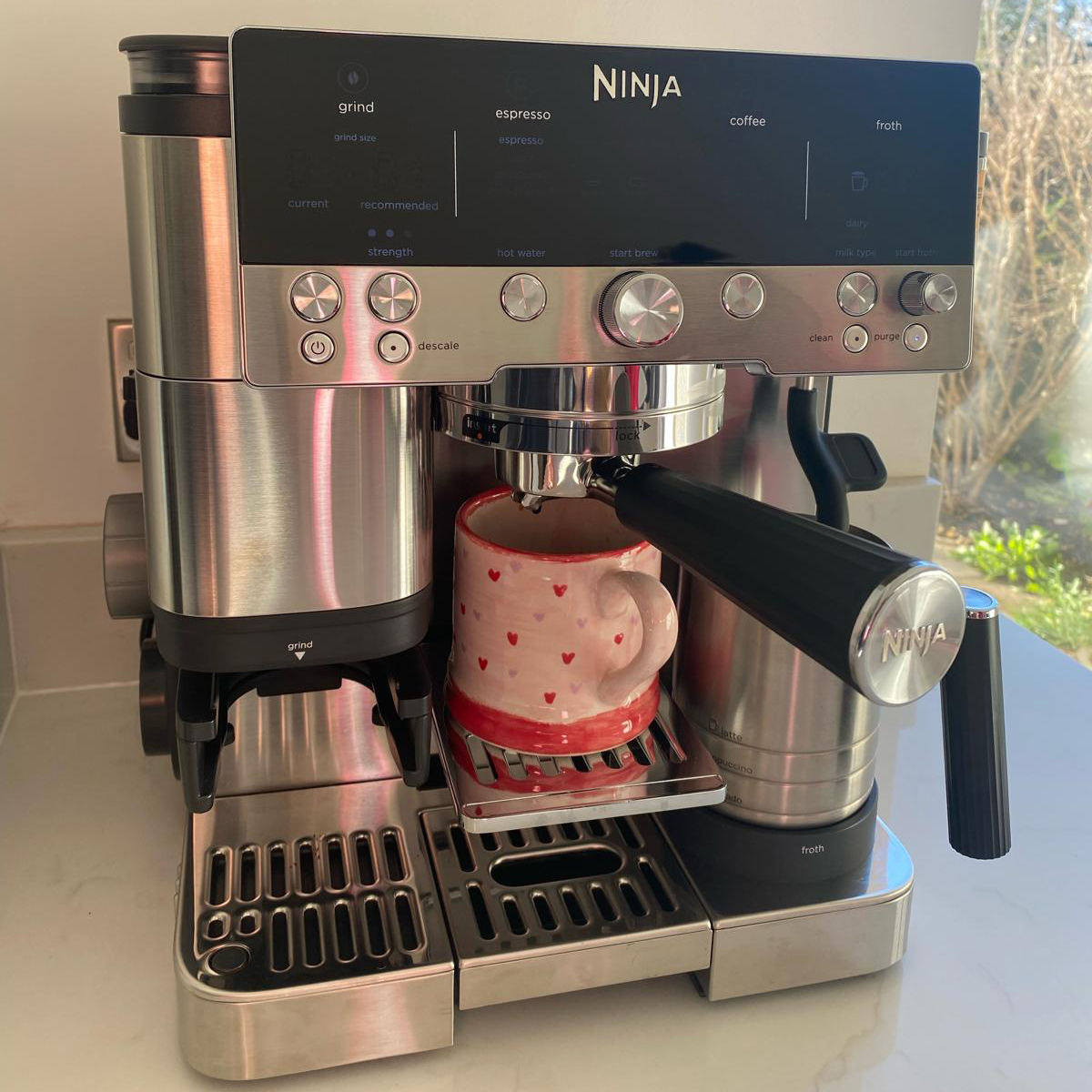 My go-to Ninja coffee machine is on sale for Easter weekend
My go-to Ninja coffee machine is on sale for Easter weekendIt makes coffee shop quality achievable at home
By Molly Cleary
-
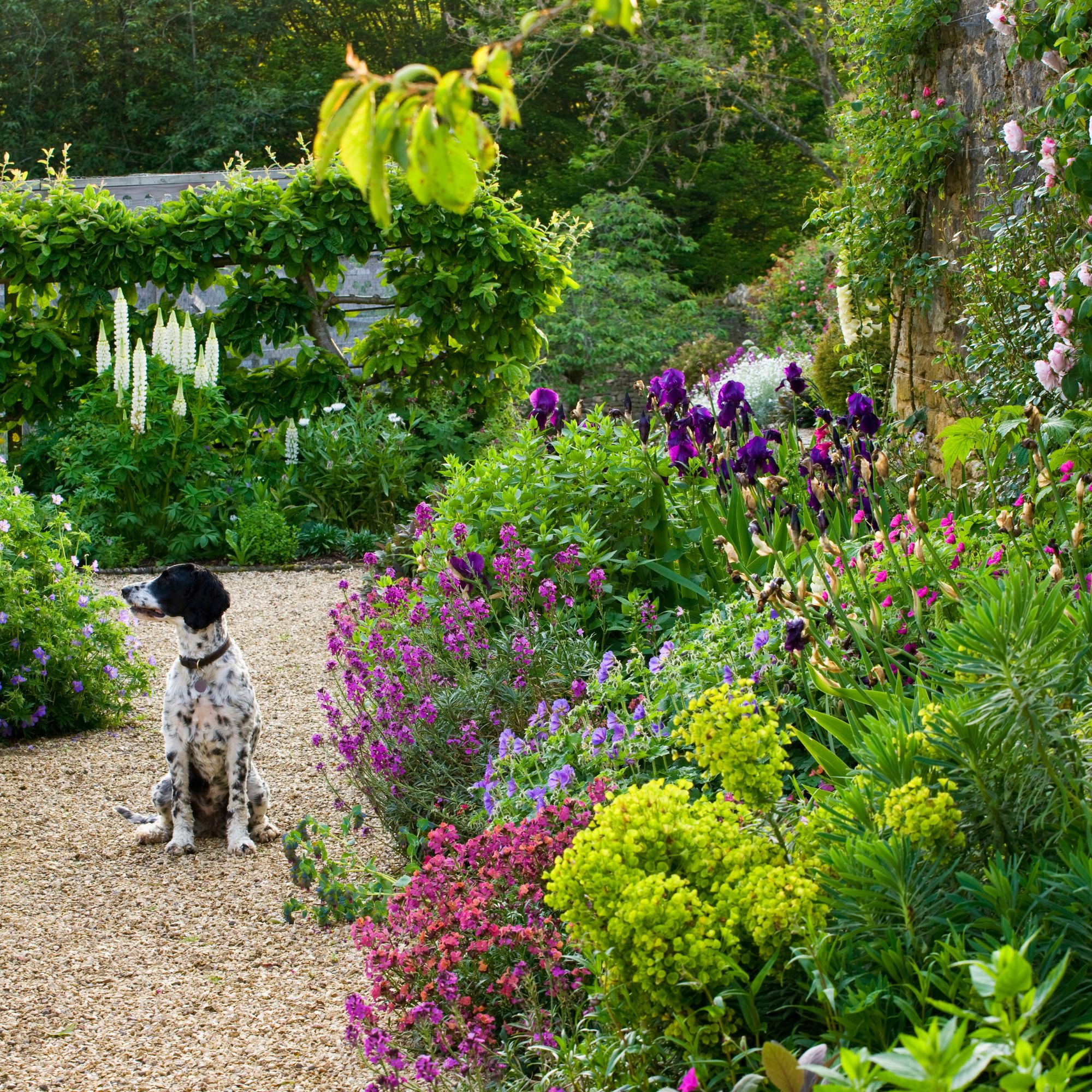 When to plant out annual flowering plants for vibrant, colourful garden borders – and give them the best start, according to experts
When to plant out annual flowering plants for vibrant, colourful garden borders – and give them the best start, according to expertsNot sure when to plant out annual flowering plants? We've got you covered...
By Kayleigh Dray
-
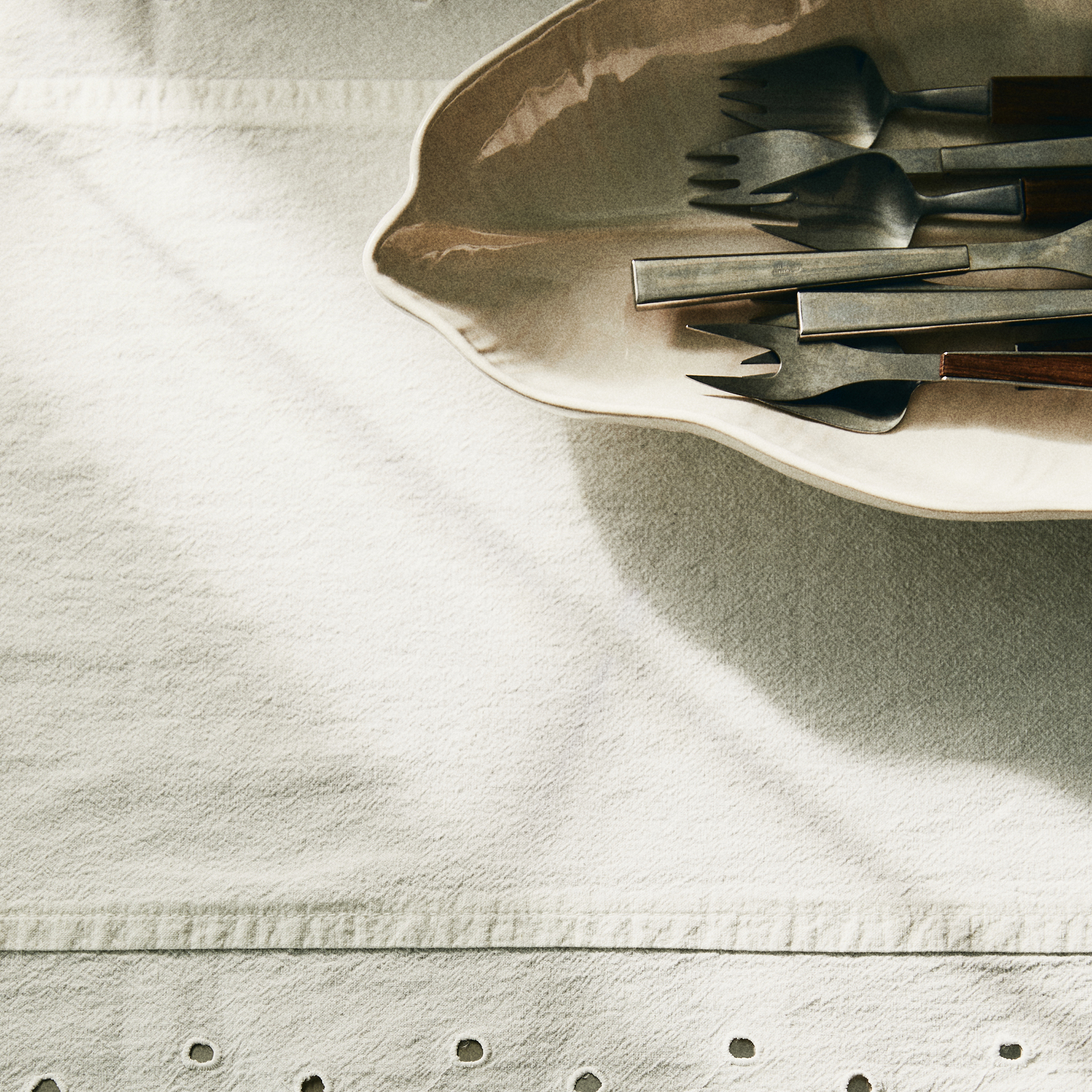 I'm a kitchen decor editor and didn't like this tableware trend - until I saw H&M Home's designer-look plates
I'm a kitchen decor editor and didn't like this tableware trend - until I saw H&M Home's designer-look platesThey made it easy to justify a new crockery set
By Holly Cockburn
-
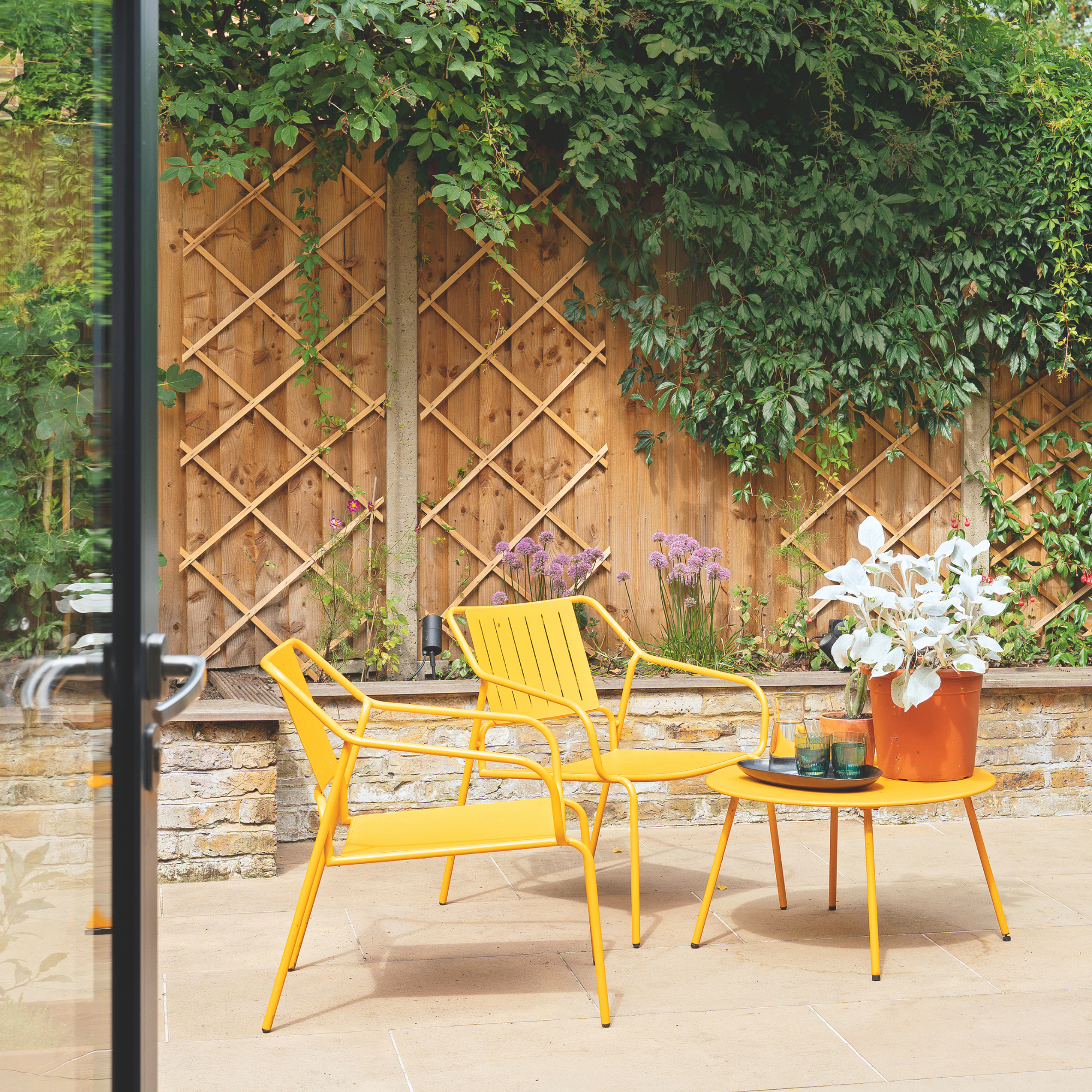 I’m seeing pastel garden furniture at all my favourite brands this spring, but QVC’s sorbet collection impressed me the most
I’m seeing pastel garden furniture at all my favourite brands this spring, but QVC’s sorbet collection impressed me the mostFresh pastel shades are a great way to liven up your outdoor space
By Kezia Reynolds
-
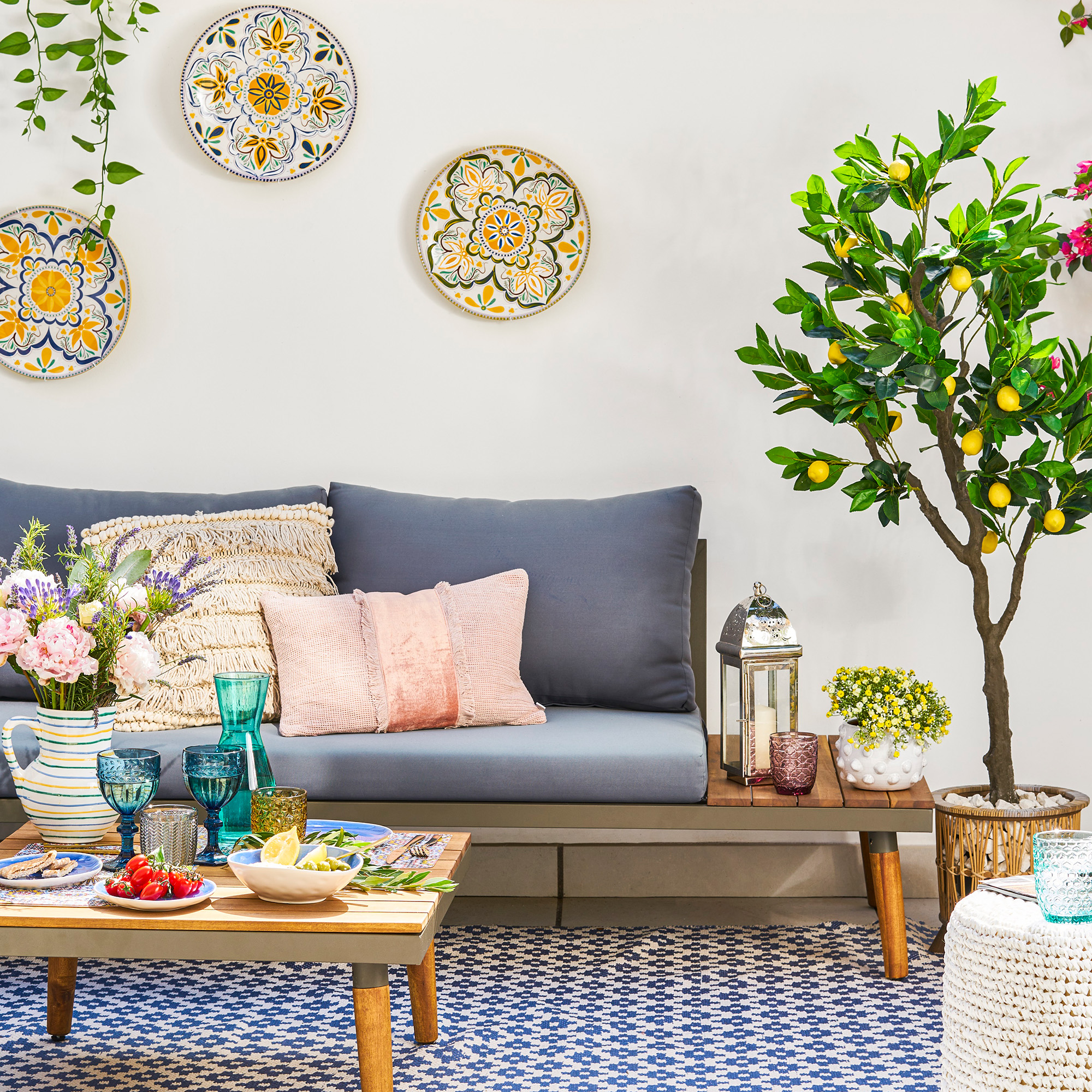 I spent the afternoon looking through Wayfair's garden sale – these are the 6 pieces I'm buying immediately for summer
I spent the afternoon looking through Wayfair's garden sale – these are the 6 pieces I'm buying immediately for summerThese are my must-have garden buys from the sale
By Holly Reaney
-
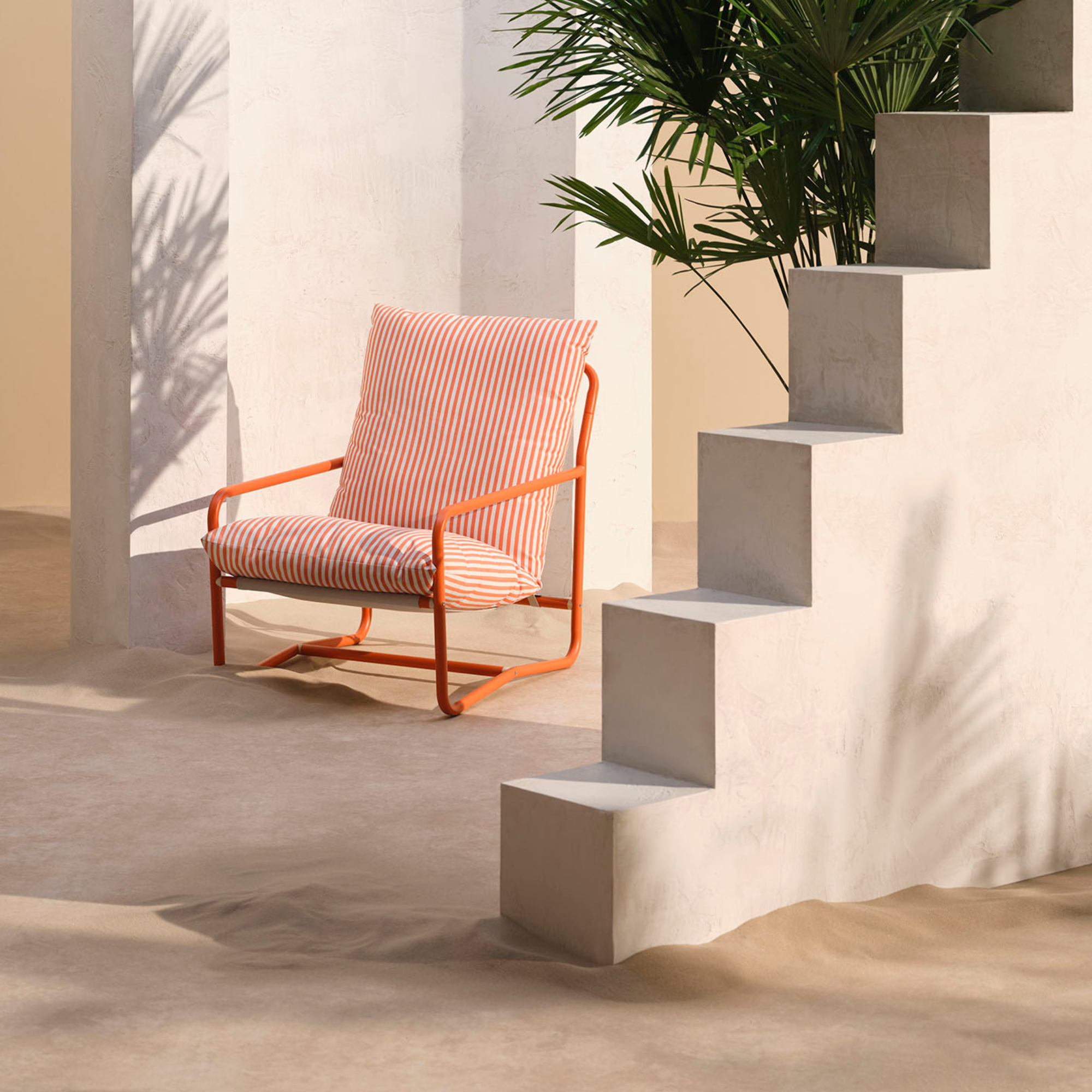 I’ve found the perfect alternative to John Lewis’ sold-out striped garden chair – and you won’t believe where it's from
I’ve found the perfect alternative to John Lewis’ sold-out striped garden chair – and you won’t believe where it's fromJohn Lewis' Sling Garden Chair is one of the most stylish pieces of garden furniture I'd seen – until I tracked down this QVC lounge chair...
By Kezia Reynolds
-
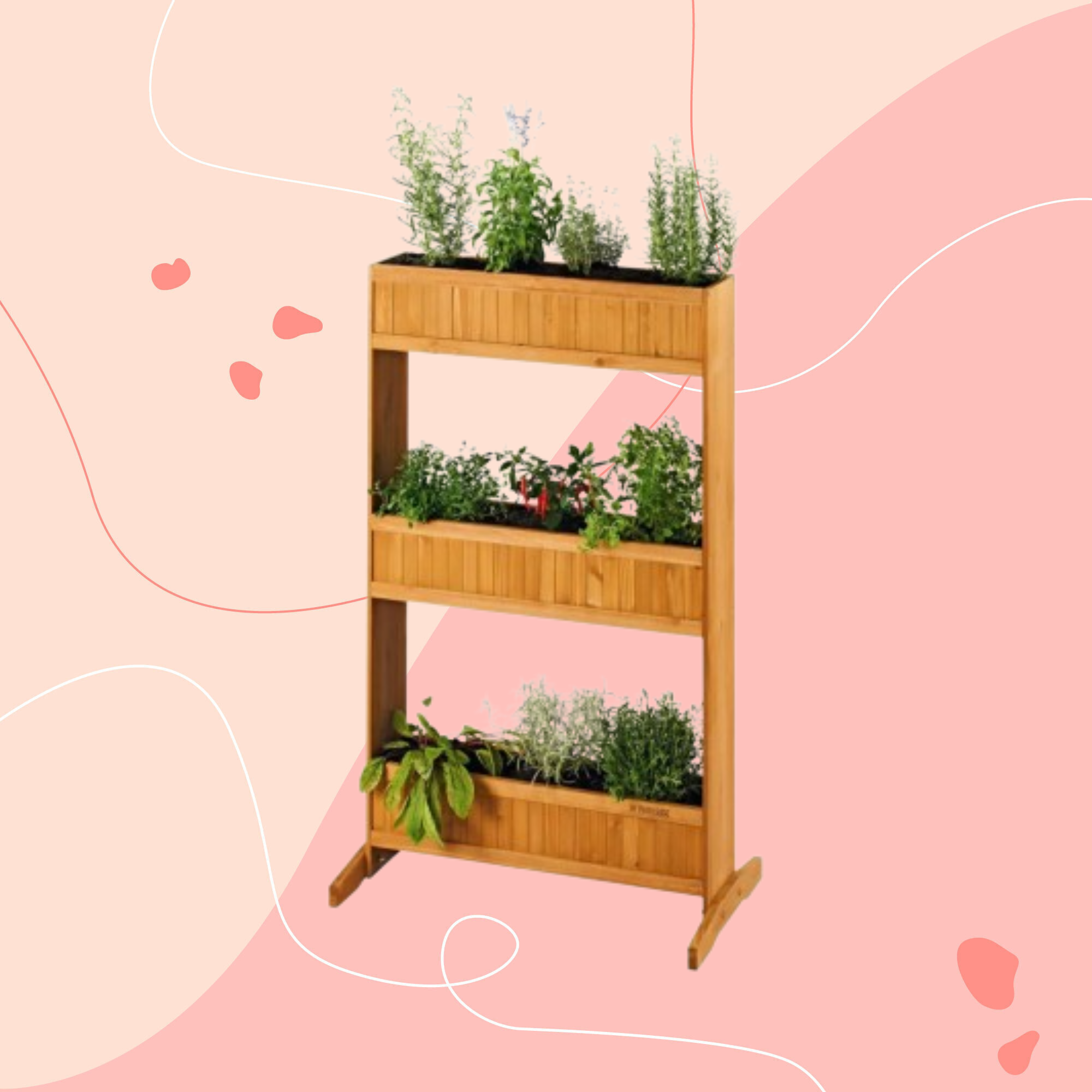 Lidl is selling a smart tiered planter that will unlock extra planting space in a tiny garden or balcony
Lidl is selling a smart tiered planter that will unlock extra planting space in a tiny garden or balconyWhy I've been eyeing this planter up for my tiny garden
By Kezia Reynolds
-
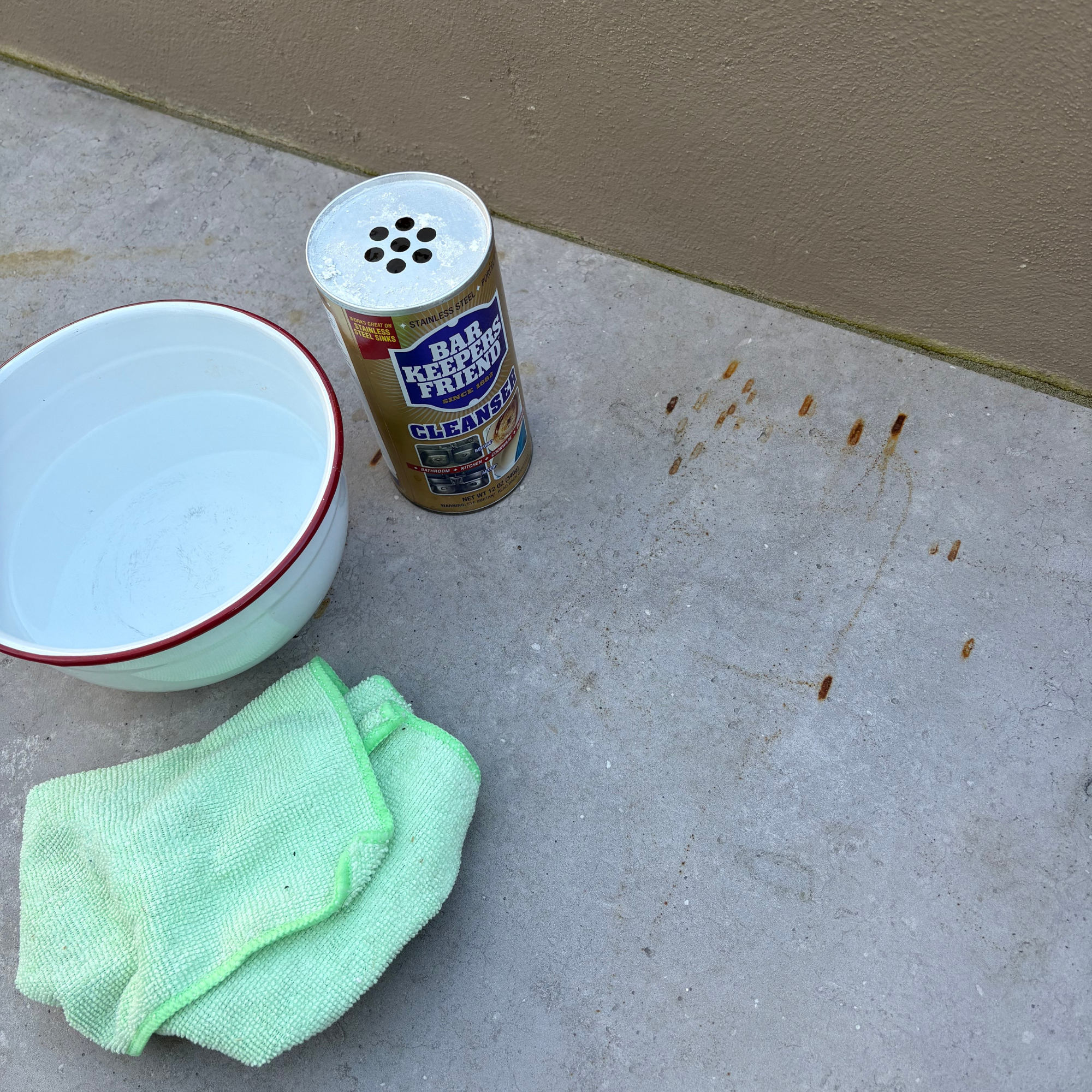 I’ve found the best solution for cleaning stains from a patio - and it’s only £8 on Amazon
I’ve found the best solution for cleaning stains from a patio - and it’s only £8 on AmazonThe stains practically vanish!
By Kezia Reynolds
-
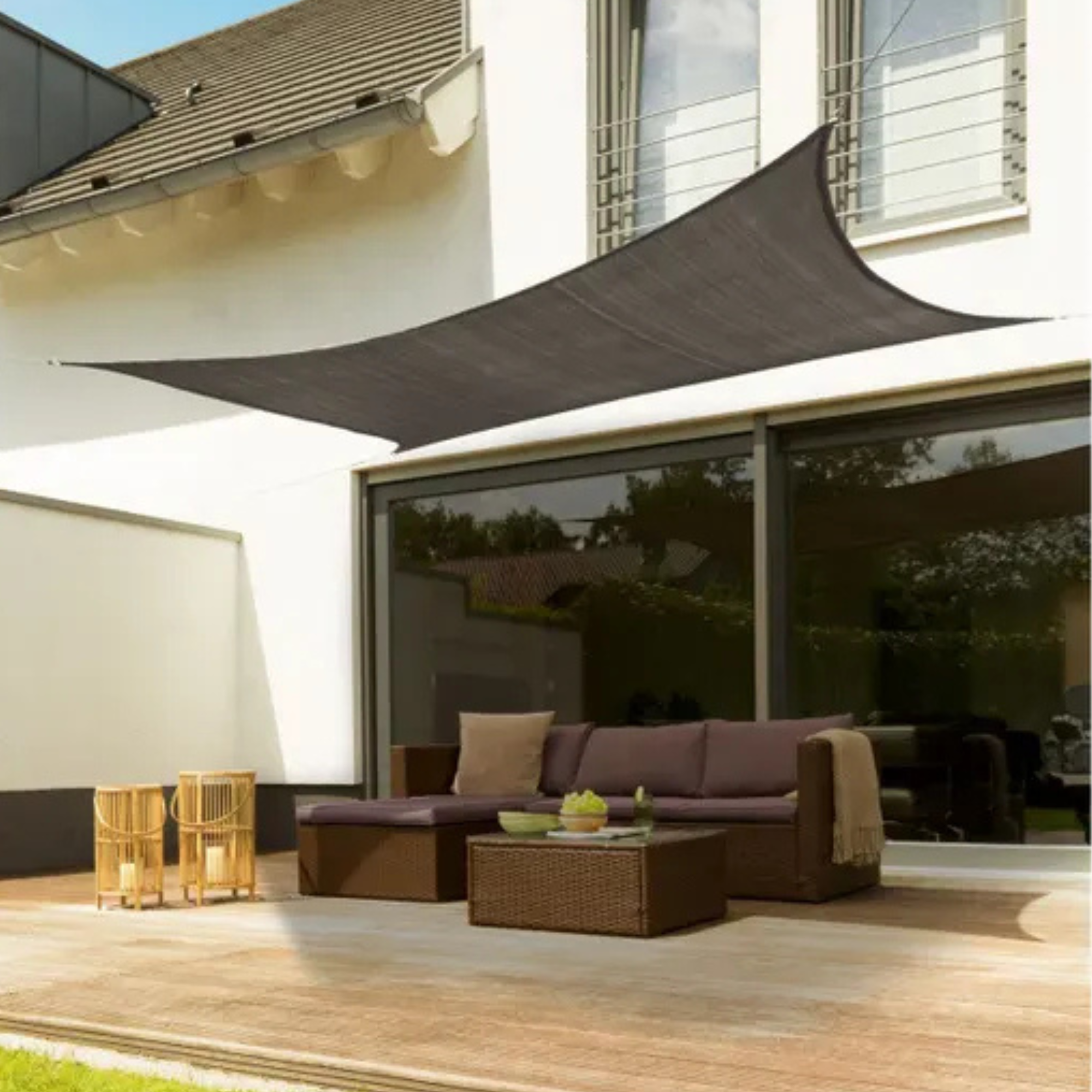 Lidl’s £15 sun sail is everything you need to create a shady oasis in your garden – and it’s on sale right now
Lidl’s £15 sun sail is everything you need to create a shady oasis in your garden – and it’s on sale right nowWith two stylish colours available, the sun sail will make a chic yet practical addition to any of your garden.
By Kezia Reynolds
-
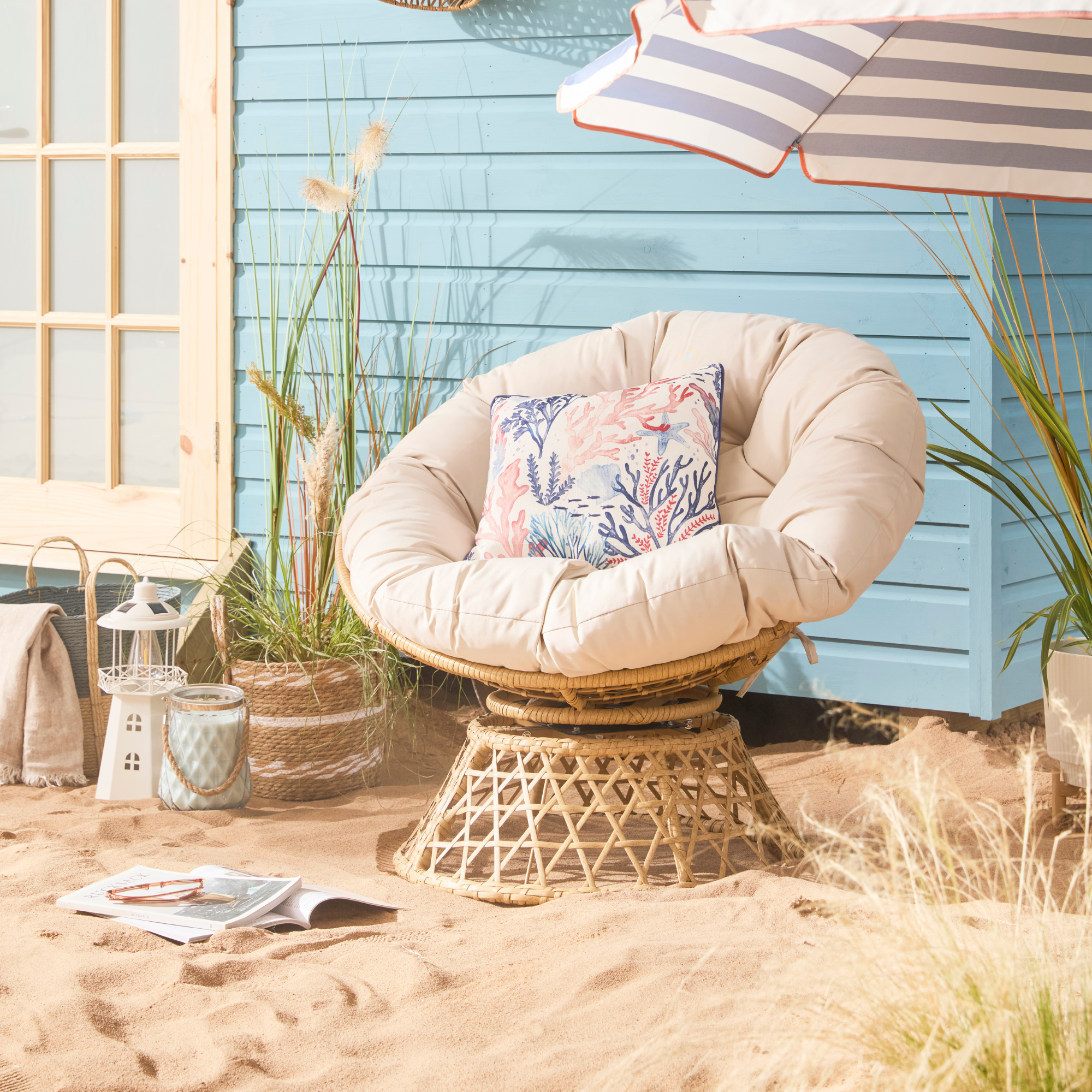 B&M has nailed 2025's breakout garden furniture trend - it's one of the most affordable and stylish I've seen
B&M has nailed 2025's breakout garden furniture trend - it's one of the most affordable and stylish I've seenGet the luxe look for less
By Kezia Reynolds
-
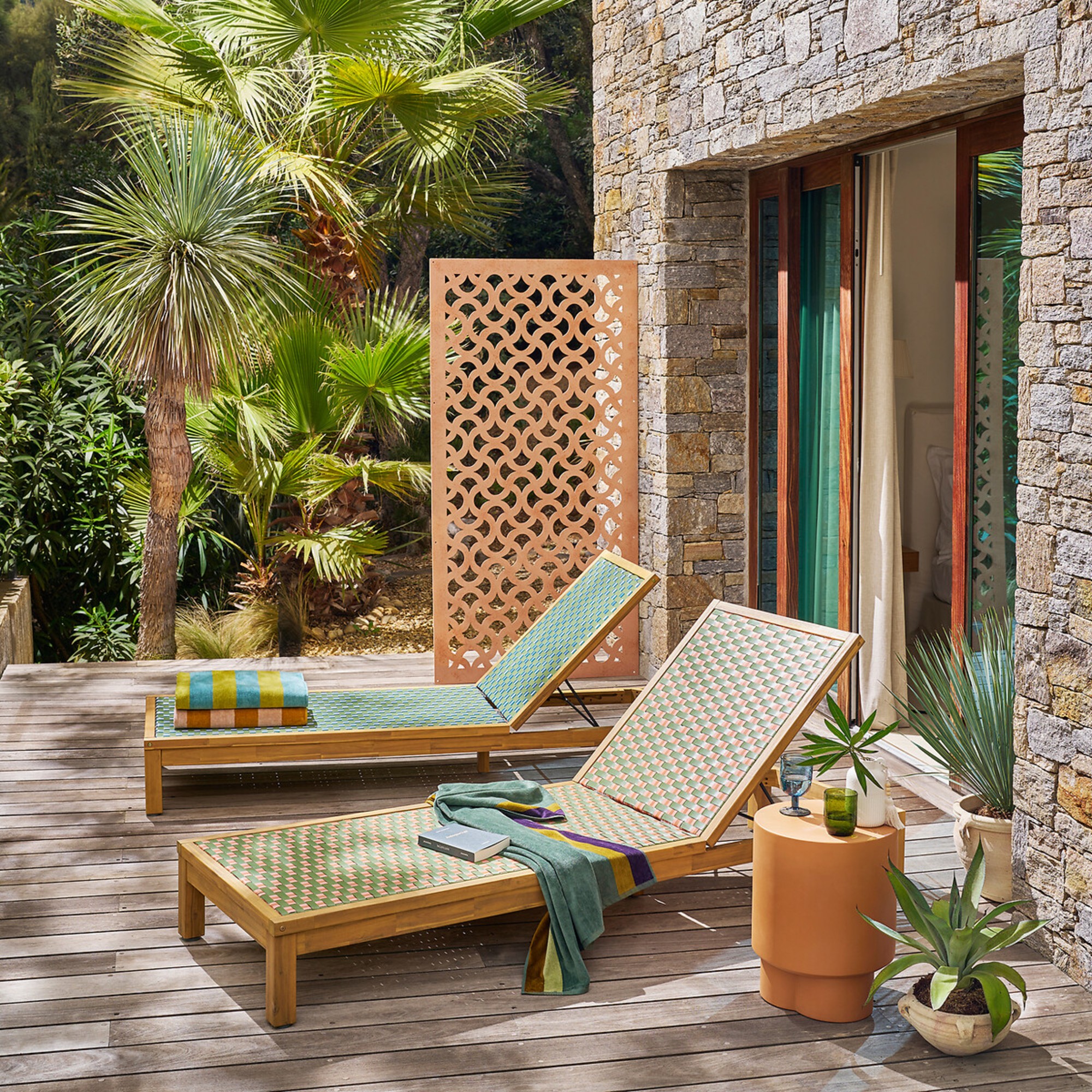 I was shocked to discover a treasure-trove of designer-look garden furniture at La Redoute on sale right now – 6 chic standouts
I was shocked to discover a treasure-trove of designer-look garden furniture at La Redoute on sale right now – 6 chic standoutsGive your garden that high-end look
By Sara Hesikova
